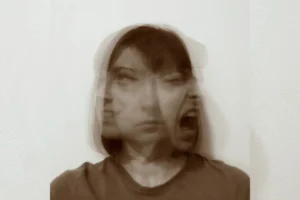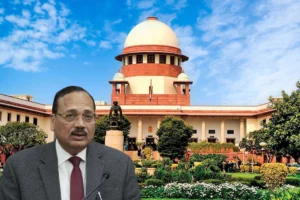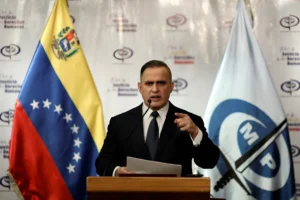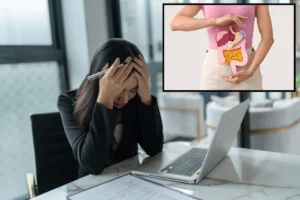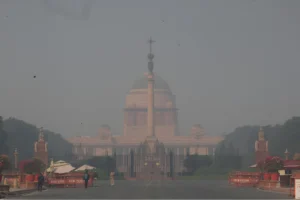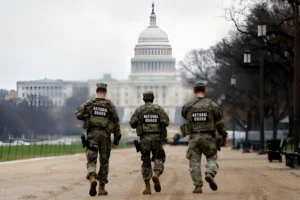
The Supreme Court has agreed to urgently take up the deteriorating pollution crisis in Delhi–NCR, acknowledging the severity of the situation while emphasising that the judiciary cannot offer immediate, miraculous solutions.
The Supreme Court will hear the matter on Monday after the Chief Justice of India, Surya Kant, and Justice Joymalya Bagchi received an urgent mention.
During the mention, amicus curiae Aparajita Singh informed the Bench that air quality in the national capital region had plunged to alarming levels, likening the current scenario to a public health emergency.
Responding to the gravity of the concerns, the CJI remarked that while the problem is clear to everyone, the court has no ‘magic wand’ to clear the air instantly. He questioned what judicial order could bring immediate relief, stressing that the causes of pollution are multiple and complex and cannot be resolved overnight.
The CJI added that only scientific and domain experts can effectively analyse the varied contributors to pollution. He noted that different regions require different solutions, and the assumption that a single factor is responsible is a major mistake.
Court Calls for Continuous Monitoring, Not Seasonal Hearings
The Bench underlined that it does not wish to hear the pollution matter only around Diwali each year, as has often happened in the past.
Instead, the court stressed the need for regular monitoring, reaffirming its earlier stance that long-term measures are essential to tackle Delhi–NCR’s air quality challenges.
In a previous order, the court had stated that it would oversee pollution levels every month. It had also directed the Delhi and NCR state governments to place before the court their instructions regarding subsistence allowances for labourers affected during pollution-linked restrictions.
The amicus curiae also highlighted that authorities were uploading inaccurate pollution-related data and called the situation a ‘major problem’.
In an earlier hearing, the Supreme Court had asked the Commission for Air Quality Management to submit details of the steps taken to curb rising pollution levels.
The court also sought clarity on the number and condition of air-quality monitoring stations currently operational.
As the crisis deepens, the Supreme Court will scrutinise official responses and determine whether stronger, evidence-based interventions are necessary to safeguard public health in the region.
Also Read: The Only Exercise I Do Is Walking-But Even That Is Difficult: CJI Voices Concern Over Air Quality
To read more such news, download Bharat Express news apps









